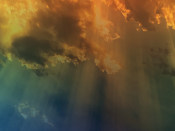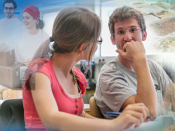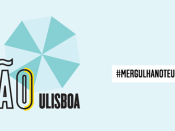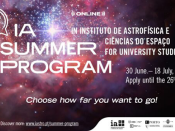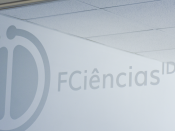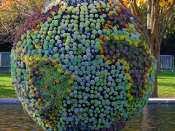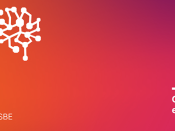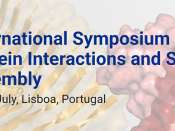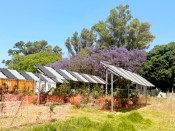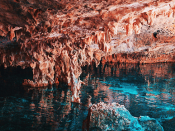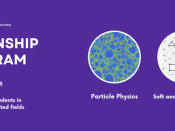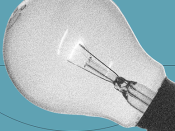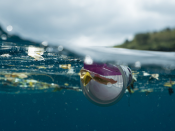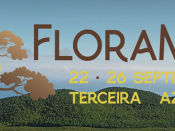Por Samit Kumar Gupta (CFTC, Universidade de Lisboa, Portugal).
The ubiquity of synergy and interplay of the physical principles due to symmetry, topology and singularity provides a unique pathway toward emergent nontrivial wave phenomena. Of late, Parity- Time (PT)-symmetry and its breaking at the non-Hermitian singularity known as the exceptional point (EP) have emerged to play a significant role in the new physics explorations in a wide range of areas [1]. Loss is generally seen as a degrading element in the optical context. It turns out, however, that balanced gain and loss may enable a new useful strategy via a novel symmetry paradigm known as PT symmetry. It not only addresses the issue of loss via tailoring judicious gain-loss profiles but also induces a myriad of counterintuitive wave phenomena, such as, exceptional points and phase transition, asymmetric wave transport, nonlinearity-induced effects, and topological properties [2,3]. Coexistence of nonlinearity and non-Hermiticity in optical systems has triggered considerable interest in PT symmetric nonlinear optics. Here, we strive to understand the synergy and interplay of some of the exotic symmetry paradigms, namely, PT symmetry, and the concomitant exceptional points in optical and photonic lattices and wave systems in linear and nonlinear regimes. In particular, we develop insights and understanding of PT symmetry and its breaking in the emergence and manipulation of intriguing wave phenomena in the discrete and continuous optical systems. Some of these may include, for example, PT symmetry and beam dynamics in few sites optical systems [4], bright and dark Bragg solitons in periodic optical systems [5], existence of higher-order EPs and the ensuing wave dynamics [6], extreme wave phenomena in a certain class of nonlocal NLSE systems [7], nonreciprocal light transport [8], non-Hermitian skin effect [9] to mention a few. It is realized that further substantive investigations on PT symmetry-mediated nonlinear wave phenomena and exceptional points may offer distinctive physical insights toward dynamic wave control strategies in nonlinear non-Hermitian optics and photonics, and their broad range of related applications.
- [1] M-A Miri, A Alu, Science 363, eaar 7709 (2019).
- [2] VV Konotop, J Yang, DA Zezyulin, Rev. Mod. Phys. 88, 035002 (2016).
- [3] SK Gupta, Y Zou, XY Zhu, MH Lu, L Zhang, XP Liu, YF Chen, Adv. Mater. 32, 1903639 (2020).
- [4] SK Gupta, AK Sarma, J. Mod. Opt. 61, 227-233 (2014).
- [5] SK Gupta, AK Sarma, Europhys. Lett. 105, 44001 (2014).
- [6] X Zhou, SK Gupta, Z Huang, Z Yan, P Zhan, Z Chen, MH Lu, Z Wang, Appl. Phys. Lett. 113, 101108 (2018).
- [7] SK Gupta, Opt. Commun. 411, 1-7 (2018).
- [8] X Zhou §, SK Gupta §, X Zhu, G Su, P Zhan, Y Liu, Z Chen, MH Lu, Z Wang, Phys. Rev. Applied 13, 044037 (2020).
- [9] X Zhu, H Wang, SK Gupta, H Zhang, B Xie, MH Lu, YF Chen, Phys. Rev. Research 2, 013280 (2020).


